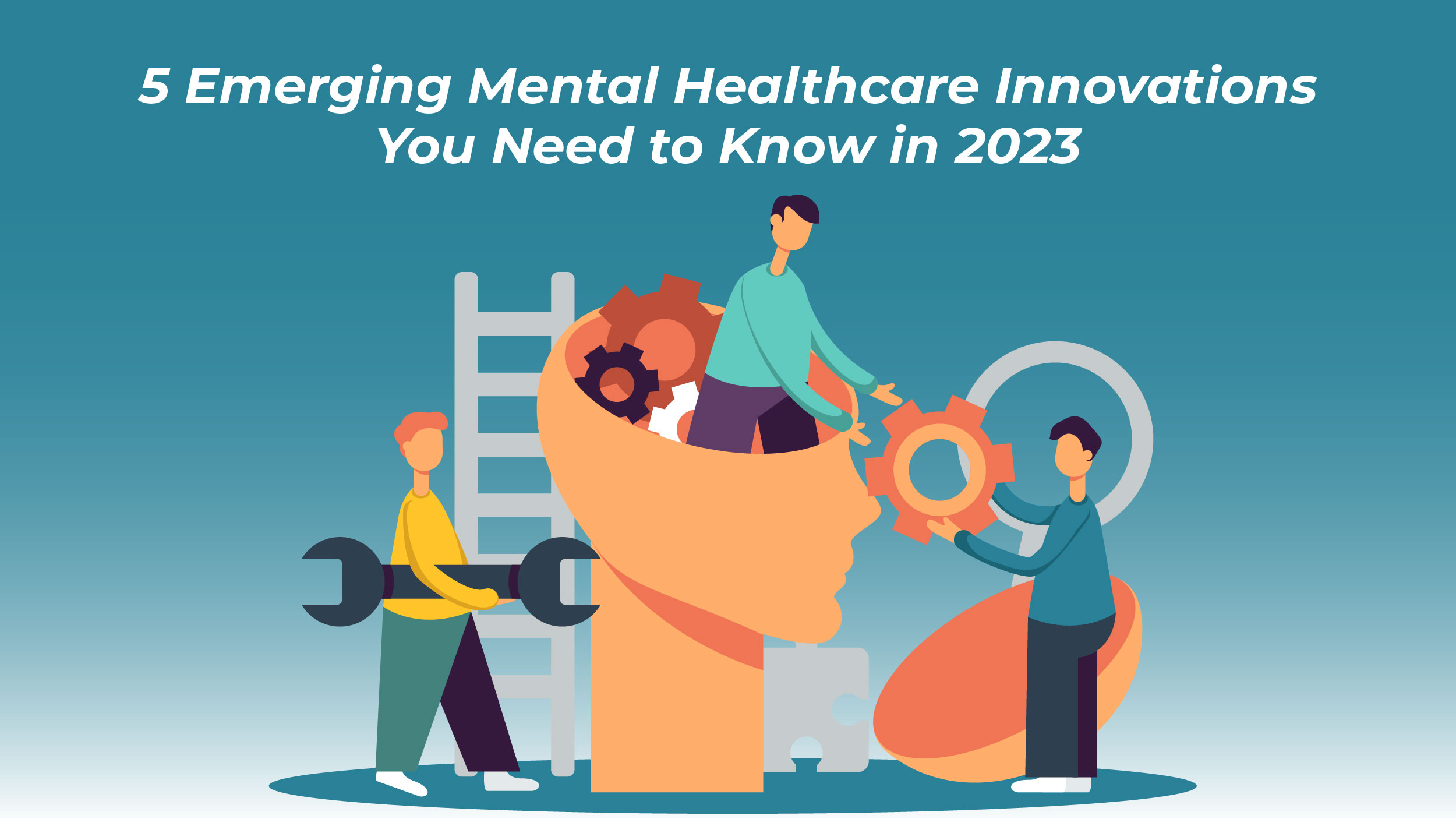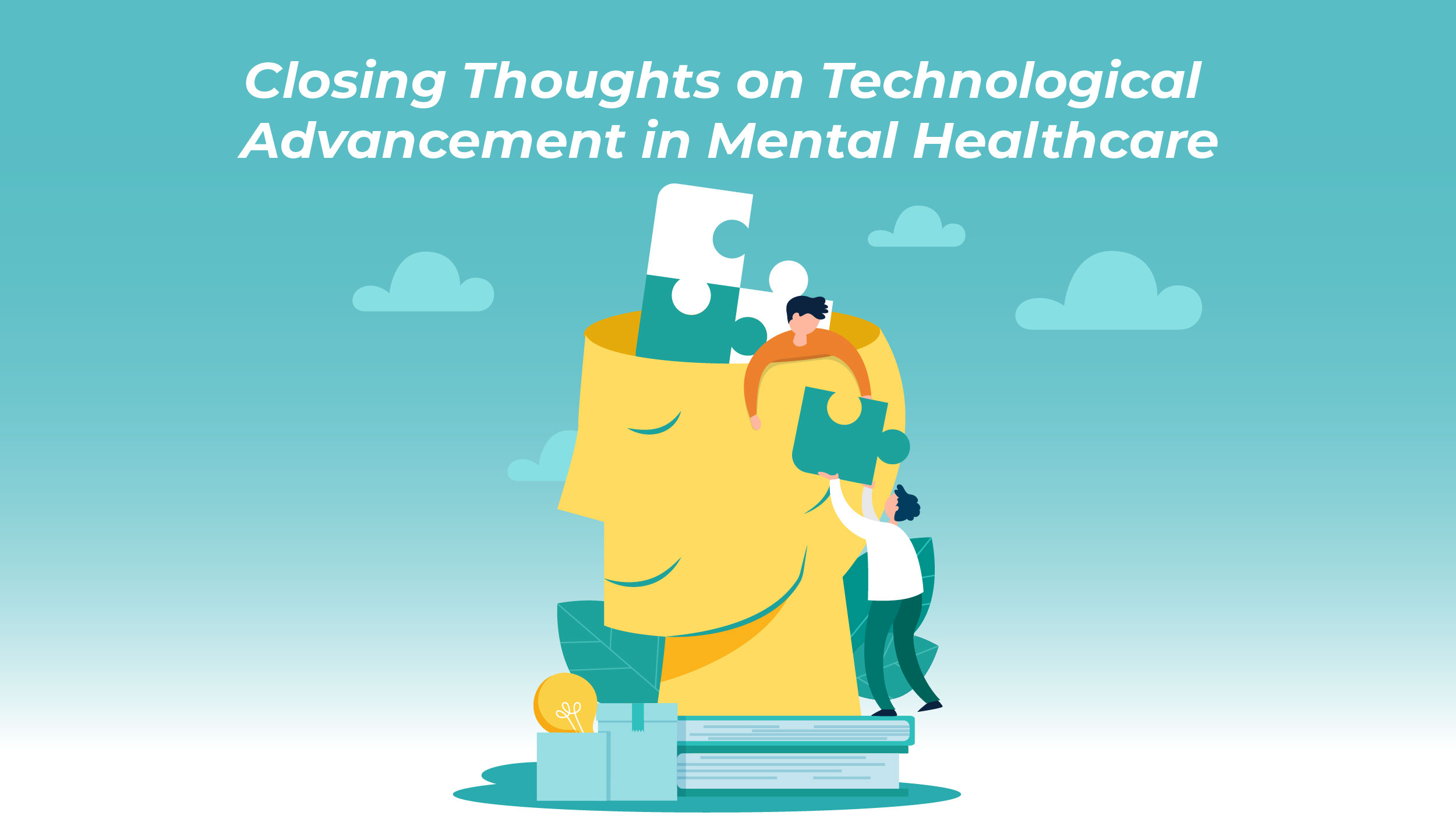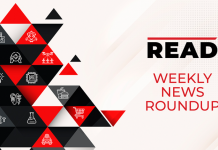Are you aware that depression, anxiety, and other behavioral conditions can greatly affect a person’s quality of life and overall well-being? It’s actually one of the major reasons why young people face health issues, and sadly, it’s a leading factor behind suicides, especially among 15- to 19-year-olds.
The World Health Organization predicts that by 2030, depression will be a significant health concern. It’s worth mentioning that mental health issues existed pre-pandemic but were amplified by technology.
Here’s an eye-opener: the American Psychological Association found that 84% of psychologists treating anxiety disorders reported an increase in demand for treatment since the pandemic began. Just a year ago, it was 74%. That’s quite a jump!
Now, let’s talk about the silver lining. Technology has really stepped up in this regard. We’ve got smartphone apps and wearable devices, among other innovations, that are making a positive impact on mental state. Let’s talk more about advancements in the mental healthcare industry in this blog.
Why are Developments in Mental Healthcare Important?
According to the World Health Organization (WHO), nearly one billion individuals worldwide experience some sort of mental condition. This represents almost 13% of the entire world’s population which is a crucial number. Hence, mental healthcare plays a crucial role in enhancing individuals’ overall well-being and enabling them to live meaningful and fulfilling lives. WHO states that one person out of every four will undoubtedly face a mental stability issue at some point in their lives. Therefore, in order to reduce the prevalence of mental state illnesses, it is essential to develop efficient treatments, interventions, and support networks.
The World Economic Forum’s Global Future Council on Mental Health collaborated with Scientific American Magazine to choose solutions that contribute substantially to improving the world who are suffering from mental illness and showcase these impactful developments.
An effective mental healthcare system needs to focus on prevention and early detection. The improvement of scientific understanding and knowledge of mental state diseases is facilitated by ongoing advances in the sector. It also covers studies on the neuroscience, genetics, and socioeconomic factors of mental stability. Accordingly, healthcare providers can detect early indications of mental state difficulties and take action before they get worse by investing in research and development.
5 Emerging Mental Healthcare Innovations You Need to Know in 2023

The continuous advancements in technology and innovative solutions are becoming increasingly crucial in the area of mental health. These developments are gradually addressing critical challenges faced by patients, aiming to improve their overall well-being and provide effective support.
Here are the latest advancements in the mental healthcare industry that you should be aware of.
1. Artificial Intelligence
The number of AI-powered tools has been significantly increasing throughout the century. The incorporation of artificial intelligence with the existing practices allows a detailed and comprehensive idea of underlying mental disorders. For instance, AI chatbots such as Woebot and Wysa can assist patients in practicing Cognitive Behavior Therapy (CBT) techniques and assist in managing their symptoms in between consultations.
Another instance is when Vanderbilt University Medical Center in Nashville, Tenn., developed a program that gathered data from more than 5,000 patients admitted for self-harm or suicide attempts. Using the information at hand, the AI had an accuracy rate of 84 percent in predicting whether a patient would attempt suicide again in the coming week. Additionally, it had an accuracy rate of 80% when forecasting suicide attempts over the following two years.
The AI-powered platforms can provide access to users anytime and anywhere for therapeutic practices that have been scientifically proven to be effective, such as mindfulness exercises. During treatment sessions, AI can also simplify natural language processing for sentiment analysis, helping therapists to better comprehend and track the development of their patients.
2. Digital Symptom Tracking
Keeping track of mental health symptoms on paper can be time-consuming and inefficient. Fortunately, the use of electronic health records like digital symptom tracking has emerged as a more efficient alternative. However, it is important to note that these records were not initially designed for comprehensive data analysis in the context of mental health. As a result, there is a growing need for improved systems and tools specifically tailored to leverage this electronic data for more effective analysis and insights in mental healthcare.
On the other hand, online symptom tracking encourages patients to share information on a regular basis. The AI software analyzes the data for patterns and alerts in real time if any red flags are detected.
The Anxiety and Depression Association of America keeps track of all smartphone apps for mental health that have been evaluated and approved, which is an intriguing fact.
3. Telepsychiatry
The primary obstacle faced by many individuals seeking mental healthcare is the unavailability of mental health professionals in their vicinity. Telepsychiatry allows for video chat consultations over a computer or phone, increasing the accessibility of mental health treatment and reducing response times that can lead to emergency room visits or the need for costly inpatient care.
Integrating technology in mental healthcare offers a comfortable and secure environment for patients who may not feel safe being physically present with a doctor. Telehealth and virtual solutions enable them to access necessary care remotely, ensuring their well-being while receiving treatment.
4. Novel Drug Therapies
In the field of mental healthcare, novel medication therapies have emerged as a game-changer, providing enormous advantages to those suffering from poor mental health. Such revolutionary therapies, created via in-depth study and clinical testing, have successfully treated a range of mental illnesses.
The US Food and Drug Administration and the European Medicines Agency have approved esketamine, a chemical similar to the club drug ketamine, for treatment-resistant depression based on the research, which is expected to have better prospects.
Taking drug therapies can reduce symptoms, enhance cognitive performance, and improve general health by focusing on particular neurochemical imbalances and neural pathways.
5. Social Media Data Analysis
On a daily basis, social media is used by billions of individuals worldwide, producing enormous volumes of data from their devices. There are many kinds of research that suggest that language patterns and pictures in social media posts can disclose and predict mental health disorders in individuals and assess mental health trends across entire communities.
Researchers, tech companies, government agencies, and nongovernmental organizations can use these massive databases to look for signs of mental health conditions like depression, anxiety, and suicide risk, natural language processing, and other data science tools save many lives.
Closing Thoughts on Technological Advancement in Mental Healthcare

A reduction in stigma is the outcome of this increasing understanding, whether you have always placed a high priority on your mental health or have only recently come to understand its significance. People today are more willing to seek treatment and feel more at ease talking about mental health difficulties than ever before.
The industry of mental healthcare has been profoundly advanced by technological developments in the field of mental health. These innovations, including artificial intelligence (AI), digital therapies, symptom trackers, social media data analysis, and telepsychiatry, hold enormous promise for revolutionizing how mental health is evaluated, diagnosed, and treated.




